Introduction
Technology trends are like the ever-changing scenery on a journey. They are the new developments and exciting possibilities which are shaping the way we interact with the digital world. From Artificial Intelligence (AI) and the Internet of Things (IoT) to 5G and Virtual Reality (VR), these trends are like signposts showing us where technology is heading and how it will impact our lives, whether in a good way or bad way. To stay updated with these trends, you need to always stay curious and open to the endless possibilities of the future.
Top 10 Technology Trends
Artificial Intelligence and Machine Learning (AI & ML)
Artificial Intelligence (AI) and Machine Learning (ML) are revolutionizing various industries by enabling computer systems to perform tasks that typically require human intelligence. AI refers to the broader concept of machines simulating human intelligence, while ML is a subset of AI that focuses on training machines to learn from data and improve over time without being explicitly programmed.
AI and ML technologies power a wide range of applications, including image and speech recognition, natural language processing, predictive analytics, autonomous vehicles, and more.
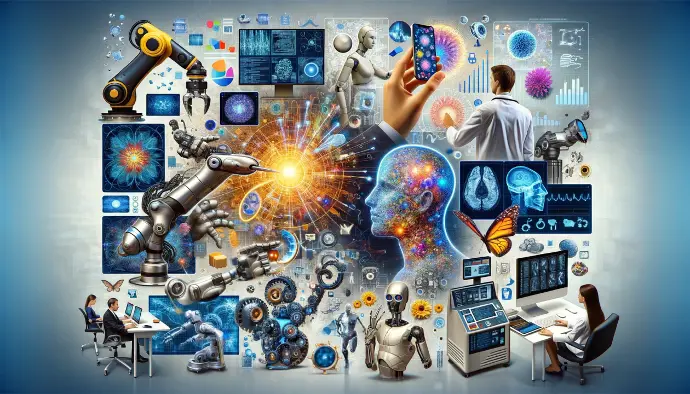
Internet of Things (IOT)
The Internet of Things (IoT) is poised to revolutionize the way we live by seamlessly connecting every object to the internet. This transformative technology promises to create a web of interconnected devices, enabling unprecedented levels of convenience, efficiency, and automation in our daily lives.
Imagine waking up to a home where your alarm clock communicates with your coffee maker to brew your favorite blend as soon as you wake up. Meanwhile, your smart thermostat adjusts the temperature to your preferred setting, and your smart mirror displays your schedule for the day while giving you weather updates.
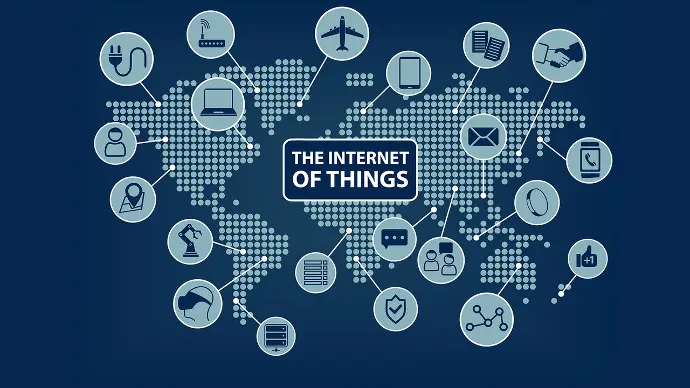
5G- fifth generation of wireless cellular technology
5G, the fifth generation of mobile networks, promises a paradigm shift in wireless communication technology. With its unparalleled speed, ultra-low latency, and massive capacity, 5G is poised to revolutionize connectivity and unlock a plethora of innovative applications across industries. From enabling real-time virtual experiences and autonomous vehicles to powering smart cities and advanced healthcare systems, 5G will redefine the way we live, work, and interact with technology. Its widespread adoption is expected to fuel economic growth, drive digital transformation, and pave the way for a more connected and intelligent world.
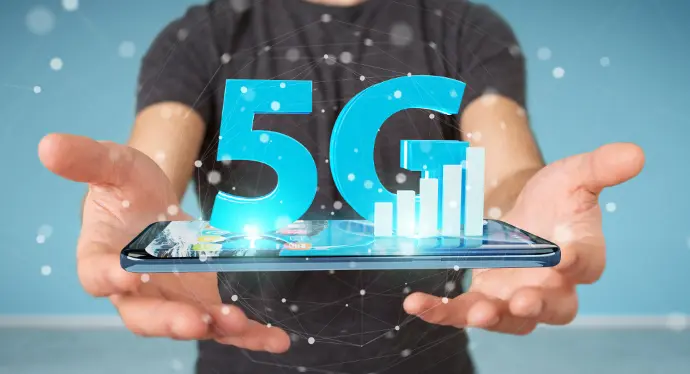
Automation
Automation is at its height, driven by emerging technologies such as cloud computing, big data, AI, and robotics.

Blockchain
Blockchain, a decentralized digital ledger technology, has emerged as a transformative force with the potential to revolutionize various sectors. At its core, blockchain enables secure, transparent, and immutable record-keeping by distributing transaction data across a network of computers. This distributed nature ensures that no single entity can control the data, enhancing trust and reducing the risk of fraud. Blockchain's applications extend far beyond cryptocurrencies like Bitcoin and Ethereum, encompassing areas such as supply chain management, healthcare, finance, and voting systems. By providing a tamper-proof platform for transactions and information exchange, blockchain is driving efficiency, transparency, and innovation in diverse industries, paving the way for a more decentralized and trusted digital ecosystem.

Cyber Security
Cybersecurity, a critical field in today's digital landscape, focuses on protecting computer systems, networks, and data from cyber threats. As our lives become increasingly reliant on technology, the risk of cyber attacks grows, making cybersecurity more essential than ever. Cybersecurity professionals work tirelessly to identify vulnerabilities, mitigate risks, and safeguard sensitive information from malicious actors. With the rise of cybercrime targeting individuals, businesses, and even governments, the demand for skilled cybersecurity experts continues to soar.
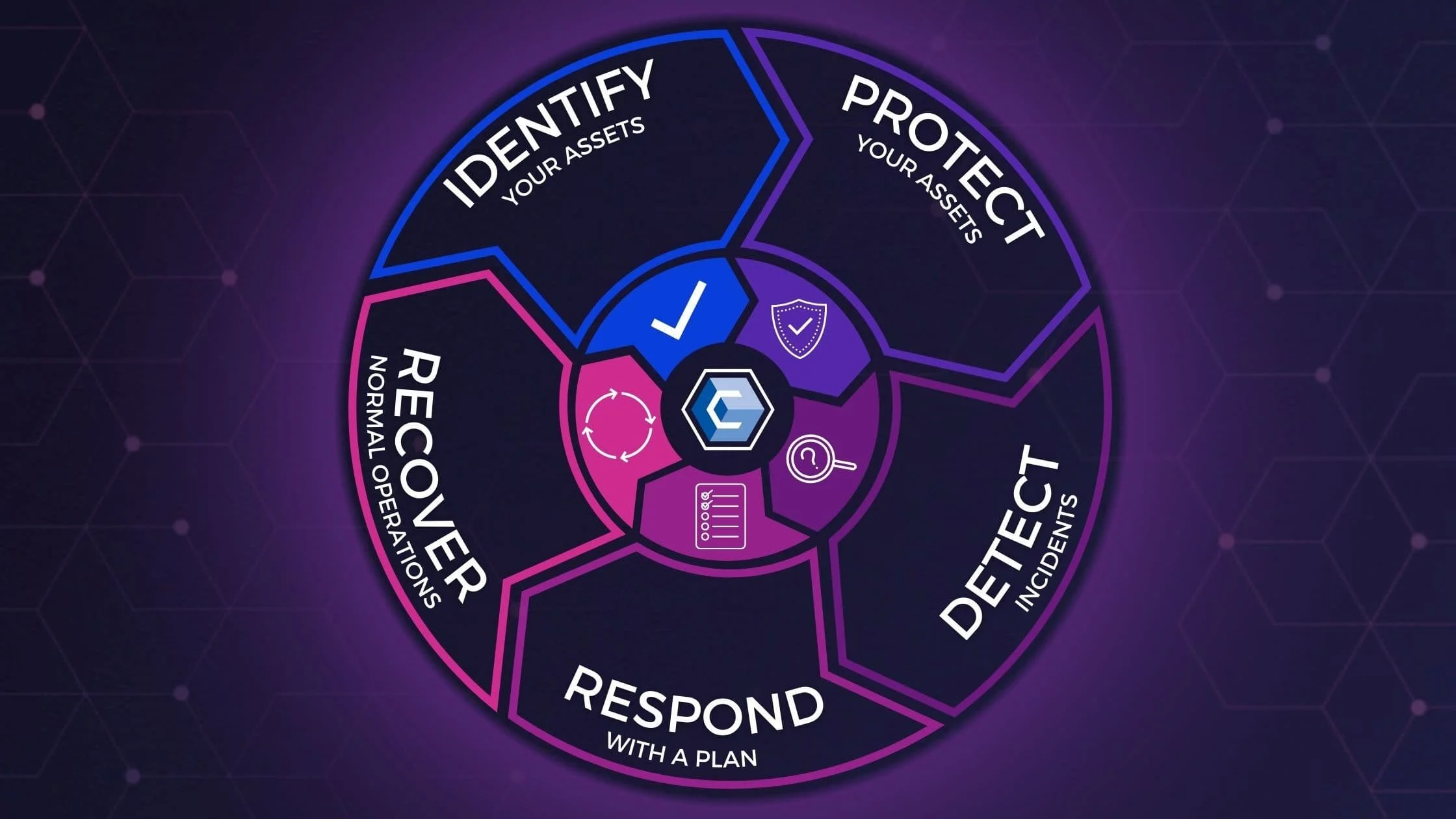
Voice Technology
Voice commands and voice assistants will become even more useful in our daily lives, pushing the boundaries of human-technology interaction.
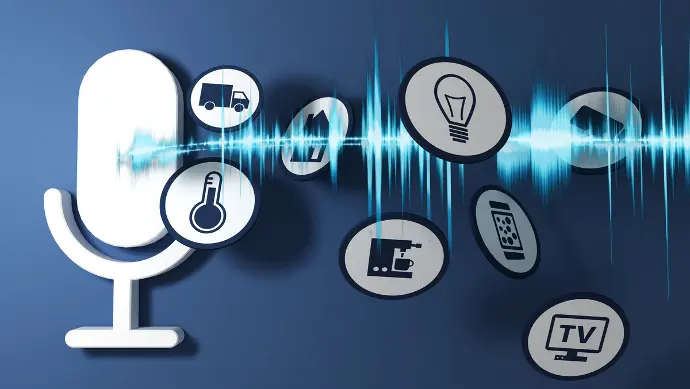
Edge Computing
Edge computing, an emerging paradigm in computing architecture, brings data processing closer to the source of data generation. Unlike traditional cloud computing, where data is sent to centralized servers for processing, edge computing performs computations locally on devices or at the edge of the network. This approach reduces latency, minimizes bandwidth usage, and enhances real-time processing capabilities, making it ideal for applications requiring low latency and high performance, such as Internet of Things (IoT), autonomous vehicles, and augmented reality. By distributing computational tasks across a network of edge devices, organizations can achieve faster response times and greater scalability, unlocking new possibilities for innovation and efficiency in various industries.
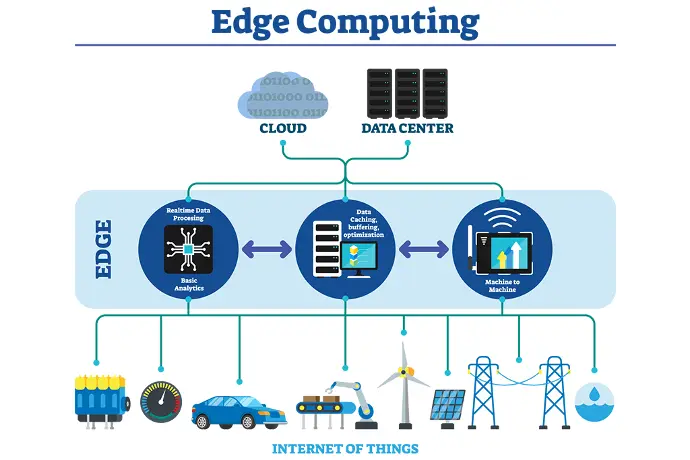
Analytics
Information resulting from the systematic analysis of data or statistics.
Analytics, in the realm of technology, refers to the systematic analysis of data to derive meaningful insights and make informed decisions. It involves the use of various statistical and computational techniques to process large volumes of data, uncover patterns, trends, and correlations, and extract valuable knowledge that can drive business strategies and operational improvements.

Virtual Reality
Virtual Reality (VR) is a technology that immerses users in a computer-generated environment, simulating a realistic sensory experience that can include sight, sound, and even touch. By wearing a VR headset, users are transported to a virtual world where they can interact with objects and environments as if they were physically present. VR has applications across various industries, including gaming, entertainment, education, healthcare, and training. In gaming and entertainment, VR offers immersive experiences that enhance storytelling and engagement.
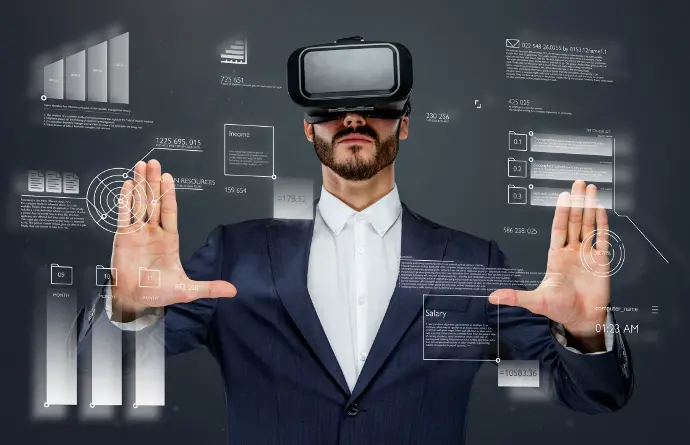
Conclusion
The future of technology is full of exciting possibilities, from AI and IoT to 5G and VR. To stay ahead, it's crucial to keep learning and stay curious about these trends, just like exploring a new adventure.
Top Trending Technology 2024